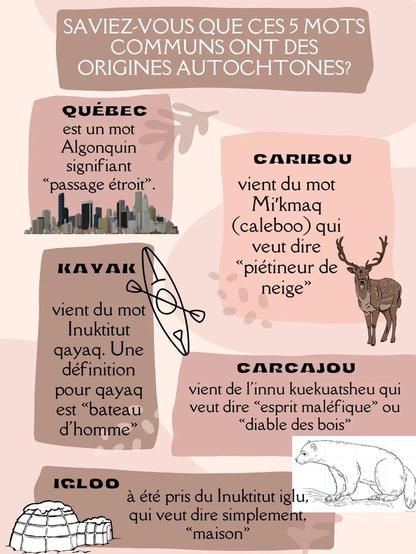Clock and cloak are basically the same word. What do they have in common? Bells!
The word clock originally referred to a bell and by extension came to refer to the timekeeping mechanism found in bell towers. Or should I say clock towers?
A cloak was given that name because of its bell shape.

 Ned Hairston
Ned Hairston 



